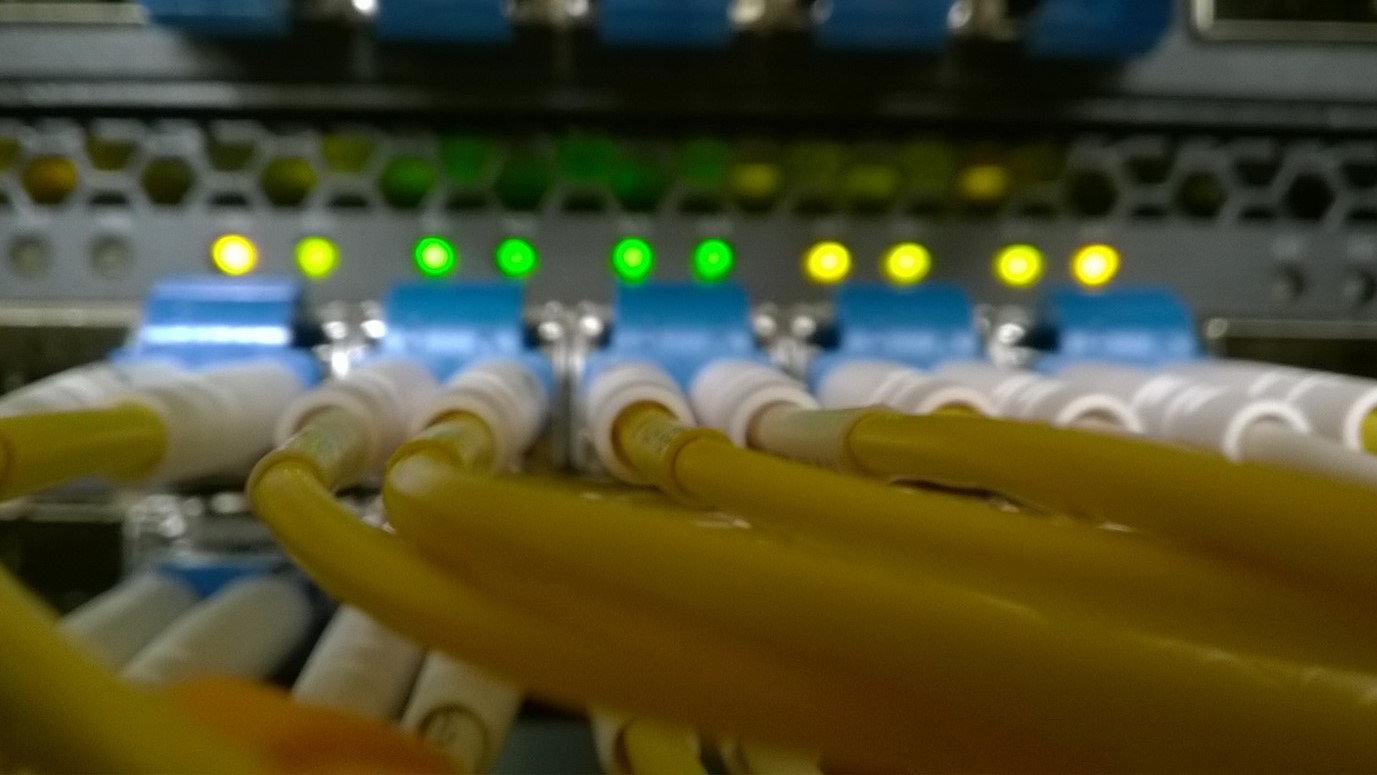In recent years, there has been a global shift towards building smart cities that leverage cutting-edge technology to enhance the quality of life for residents. These smart cities are designed to efficiently manage resources, improve infrastructure, and provide better services.
One of the critical aspects of this transformation is the impact on drainage and telecoms infrastructure. In this piece, Mark Jones from Bailey Products explores the rise of smart cities and delve into how they are reshaping drainage systems and revolutionising telecoms infrastructure.
The Emergence of Smart Cities:
Smart cities are built on the foundation of interconnected systems that leverage data and technology to optimise various aspects of urban life. These cities integrate advanced sensors, data analytics, and real-time monitoring to make informed decisions and improve the efficiency of urban services. With the ever-increasing urban population and the challenges it poses, smart cities have become a necessity to ensure sustainable development.
Drainage Infrastructure in Smart Cities:
Traditional drainage systems are often ill-equipped to handle the challenges posed by climate change and rapid urbanisation. Smart cities, however, are deploying innovative solutions to tackle these issues.
Advanced sensor networks are being implemented to monitor water levels, predict floods, and manage stormwater effectively. Real-time data collection enables city authorities to respond promptly to potential hazards and proactively address drainage problems. By integrating weather forecasts and predictive analytics, smart cities can optimise drainage operations, minimise flooding risks, and protect communities from water-related disasters.
Additionally, smart cities are embracing green infrastructure solutions to enhance drainage systems. Features like green roofs, permeable pavements, and rain gardens are incorporated to reduce stormwater runoff and improve water absorption. These nature-based approaches not only improve drainage but also provide additional benefits such as urban cooling, improved air quality, and increased biodiversity.
Telecoms Infrastructure in Smart Cities:
The development of smart cities relies heavily on robust and efficient telecommunication networks. These networks facilitate the collection and transmission of vast amounts of data necessary for real-time monitoring, analysis, and decision-making.
The deployment of 5G technology has significantly revolutionised telecoms infrastructure in smart cities. With its ultra-fast speeds and low latency, 5G enables seamless connectivity for a wide range of devices and sensors, forming the backbone of the Internet of Things (IoT) ecosystem.
Smart cities leverage this enhanced connectivity to optimise various services. For instance, smart traffic management systems utilise real-time data from sensors and cameras to alleviate congestion and improve transportation efficiency. Smart grids employ advanced metering infrastructure and real-time monitoring to optimise energy consumption and enhance power distribution.
Additionally, connected healthcare devices, waste management systems, and public safety initiatives are all reliant on a robust telecoms infrastructure.
The rise of smart cities is transforming urban landscapes worldwide
By leveraging advanced technology, these cities are revolutionising drainage and telecoms infrastructure to enhance urban resilience, improve resource management, and provide better services to residents.
From real-time monitoring of water levels to the integration of green infrastructure, smart cities are tackling drainage challenges and minimising the risks associated with flooding. Moreover, the deployment of 5G technology has bolstered telecoms infrastructure, enabling seamless connectivity and powering a plethora of smart services.
As the world continues to urbanise, the importance of smart cities and their impact on drainage and telecoms infrastructure cannot be overstated. The integration of technology and data-driven decision-making will pave the way for more sustainable, resilient, and liveable cities.
It is essential for policymakers, urban planners, and stakeholders to embrace these advancements and work towards building smart cities that prioritise the well-being of their inhabitants while addressing the challenges of the future.




